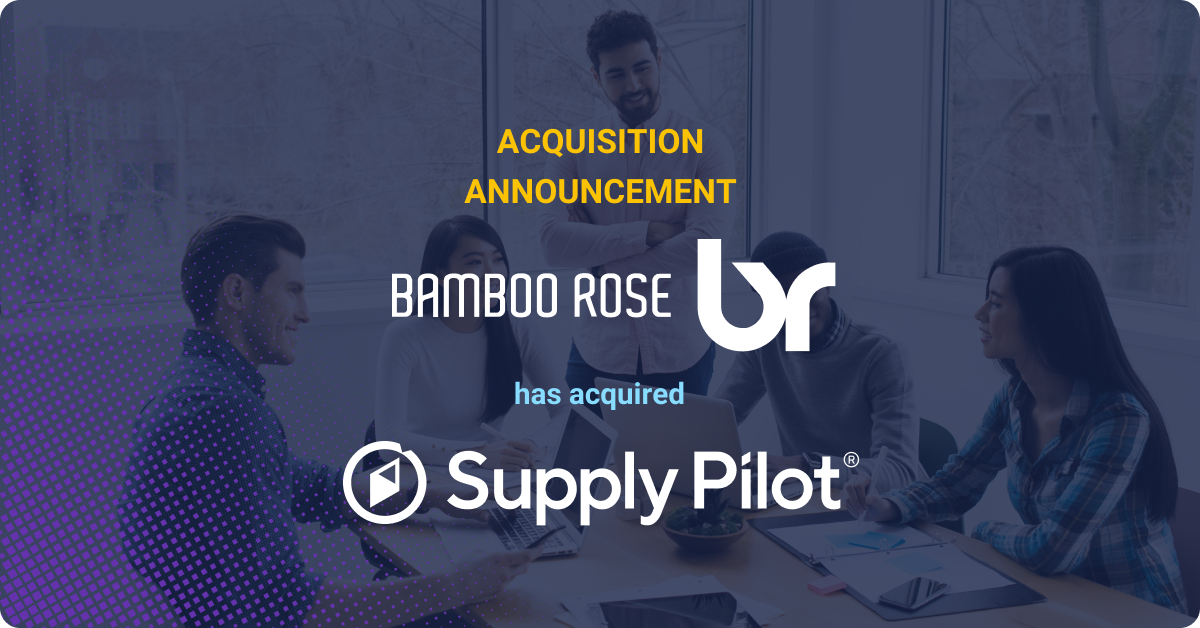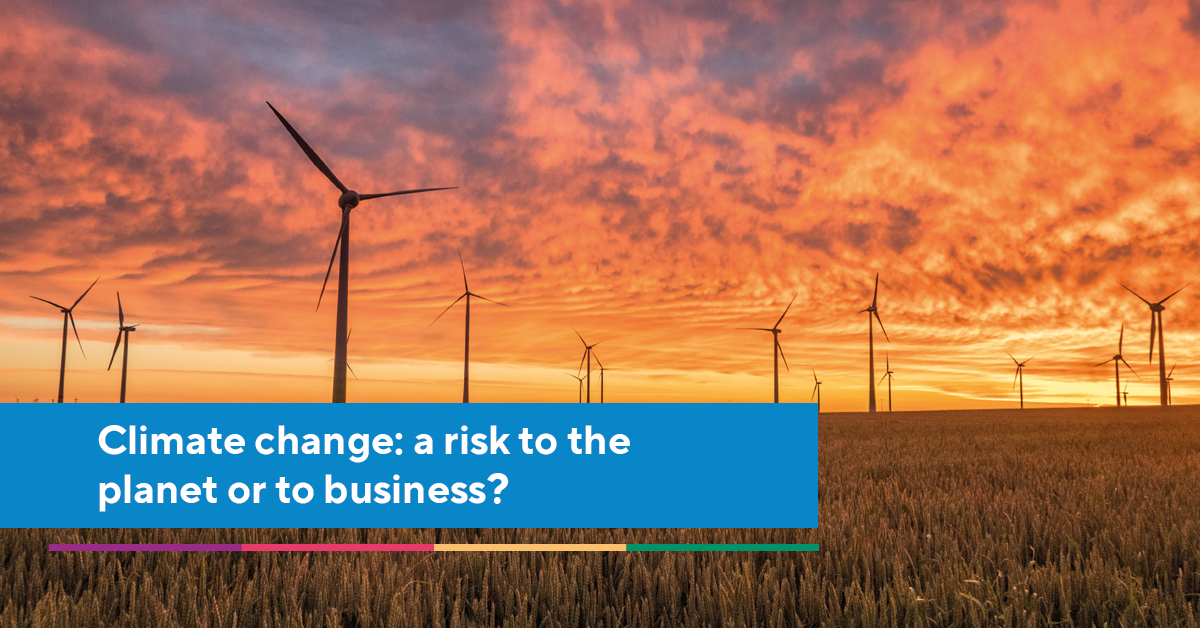It was great to meet so many people at Sustainability LIVE London earlier this month. The event’s hybrid nature meant a varied and international attendance whilst also fostering those in-person discussions.
The climate action battle is far from over
One of the most striking observations from the two day event was how far we still all have to go to drive the positive change required to meet climate goals. Yet a sense of inertia permeated many discussions; companies are unsure how and where to start.
This was brought to life with the statistics shared by Steve Smith (Schneider Electric) on the first morning. Current carbon reduction commitments (4Gt/year) would align us to a 2.4°C global temperature increase on average, as per the CDP’s Missing the Mark report. This is a long way short of the 10Gt to 15Gt/year we need by 2030 to stay under a 1.5°C increase, as per the Paris Agreement. Such a huge shortfall is made even bleaker when we consider we are already over a quarter of the way through the decade. With every five weeks bringing us 1% closer to 2030, we must find ways to work together to overcome inertia and accelerate sustainable transformations.
The other even more stark fact shared was from Schneider’s 2022 C-suite ESG survey highlighted the most common initiative is internal and external sustainability messaging. Ironic, considering we are in what has been coined ‘the decade of action’ not the decade of talking about it and not doing much else. Companies cannot just talk the talk; they need to walk the walk. Now.
The importance of being transparent about failures as well as successes
I saw that Slavina Dimitrova expressed post-event that she felt a lack of transparency from speakers as they talked about their organisations’ achievements. They were quick to talk about their successes but did not acknowledge where they were lagging behind and/or needed to improve. Some even refused to take questions.
I know that as speakers we are there to share positive and exemplary behaviour. And I agree that within the world of sustainability and climate action, we need to celebrate our wins, no matter how small. But I would argue that we also should encourage an open debate on what is not being done, what has been difficult, and where the obstacles lie. The value of sharing how you are falling short on progress should not be underestimated; it can strengthen your brand integrity and also open up a dialogue which could help your business (and others) find solutions. Personally, I hope that I struck the right balance on the practical approach to applying marginal gains for product and supply-chain sustainability transformation.
Maintaining momentum through times of economic uncertainty and distraction
However, as Gavin Lendon also said reflecting on the event, the real challenge is how we maintain momentum on sustainability projects in light of economic uncertainty.
For example, I had a discussion about the emergent North American EPR (Extended Producer Responsibility) legislation on packaging (similar to that in Europe). The risk is that the uncertainty around this new legislation is causing businesses to hesitate, but as I continue to stress: “you can be confident that you will not be penalised for more sustainable packaging”. The same thing happened in the UK when the delayed consultation on EPR and the Plastic Tax resulted in rather passive reactions from businesses. But the legislation was inevitable, and the tax was inescapable. Companies could (and should) have acted sooner to collect data, engage suppliers, and support them through transformation.
Why does sustainability seem so complex?
This is a segway to my other takeaway from the event’s discussions – have we made sustainability much more difficult than it needs to be? Are we being stalled by trying to solve everything all at once and not knowing where to start? The talk of plans, strategies, policies, reporting, standards and legislation all contribute to the confusion and exclusivity of sustainability, and therefore a lack of action from the majority. I found this most noticeable in some of the finance discussions on sustainable investments that focused on the need to assess, consult, build strategies, which whilst essential, came across as at the expense of immediate action.
By contrast, Carmel Giblin from the CEO & President at Ethical Toy Program shared a simple but transformative program of putting child-care facilities into factories. This increased employee retention, had a positive social impact, and translated to a strong ROI through a reduction in recruitment, training, and disruption by retaining parents in the workplace.
Another example I loved was in the Biodiversity Workshop with Garry Cornell, Rebecca Wall-Morris, and Joyce Wady, which was centred around the great work being done to ensure biodiversity thrives on server and data centres. This included solutions such as green rooves, planting programs, biodiversity corridors, and pollinator-friendly planting. But what has stuck with me most was the answer when someone asked how they had calculated the carbon offset. The answer was (forgive me for paraphrasing a little, Garry): “we didn’t - we did it because it was the right thing to do and we have not tried to distract or divert attention through attempting to carbon offset”.
We cannot let the confusion, exclusivity, and rigid mindsets which often surround corporate sustainability rhetoric distract us from making positive progress on what we know is the righteous course of action. We need to do the right thing for the planet and its people – now. And if we stick to that course, we cannot go wrong.
I believe if we reframe the narratives of sustainability to enable more people to understand it and think about it logically, it can be beneficial not just to the planet but to your bottom line too. I’ll be delving further into this topic at Procurement and Supply Chain Live London on the 12th and 13th October. It’s not too late to grab yourself a ticket and join in on the discussions!




